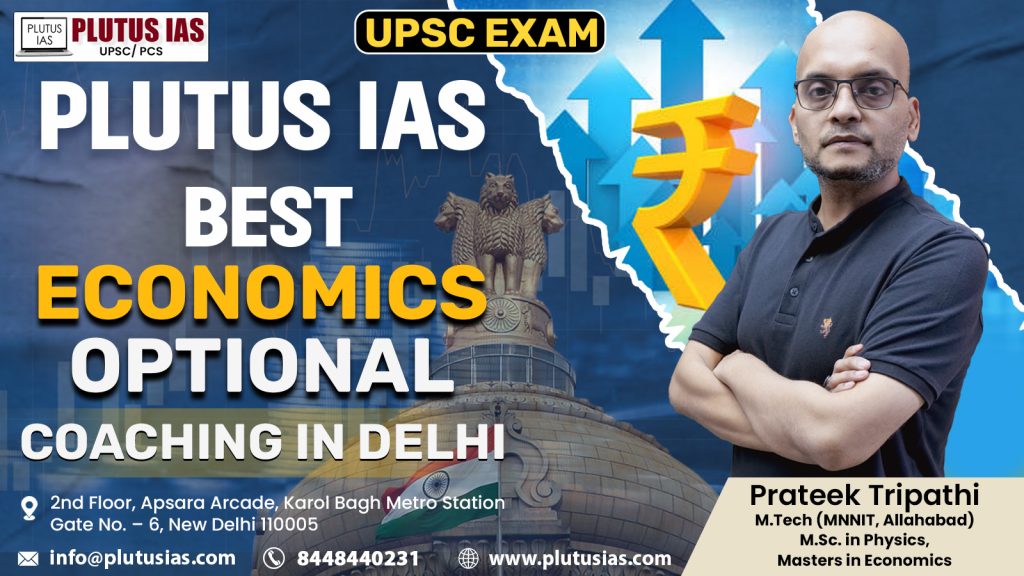
Address:
706 1st Floor Dr. Mukherjee Nagar Near Batra Cinema Delhi – 110009
City:Delhi
Vendor Type:Service Provider
If you are considering Philosophy as your optional subject for the UPSC Civil Services Exam, here are some important points and resources to aid in your preparation:
Advantages of Choosing Philosophy
- Connection to General Studies: Philosophy relates to various General Studies papers, especially in areas concerning ethics, morality, and critical thinking.
- Enhancement of Analytical Skills: Studying philosophy improves your critical thinking and reasoning abilities, which can be valuable for both the exam and your future career in civil services.
- Diverse Syllabus: The syllabus covers a broad range of philosophical ideas, theories, and traditions.
Overview of the Syllabus
- Indian Philosophy: Study of major Indian philosophical systems, such as Vedanta, Buddhism, and Jainism.
- Western Philosophy: Exploration of significant Western philosophical movements, including ancient, medieval, modern, and contemporary thought.
- Logic: Examination of both formal and informal logic, covering arguments, fallacies, and critical reasoning.
- Ethics: Analysis of moral philosophy, ethical theories, and their applications to real-world issues.
- Philosophical Questions: Investigation of fundamental philosophical inquiries regarding existence, knowledge, and the nature of reality.
Preparation Strategies
- Recommended Textbooks:
- “An Introduction to Philosophy” by Bertrand Russell.
- “Philosophy: A Very Short Introduction” by Edward Craig.
- “Indian Philosophy: A Very Short Introduction” by Sue Hamilton.
- NCERT Books: Start with NCERT textbooks to build a strong foundation, especially those that focus on philosophy and ethics.
- Online Courses:
- Platforms such as Unacademy, BYJU’S, and Vision IAS provide specialized courses for Philosophy optional, offering structured content and expert guidance.
- Consistent Revision: Develop concise notes for quick review and practice writing answers regularly to enhance clarity and expression.
- Previous Years’ Papers: Analyze past years’ question papers to familiarize yourself with the exam structure and the types of questions frequently encountered.
Additional Resources
- Philosophy Blogs and YouTube Channels: Follow educators and content creators who specialize in philosophy for more insights and explanations.
- Study Groups: Join or form study groups to discuss topics and exchange ideas, which can deepen your understanding of complex philosophical concepts.
